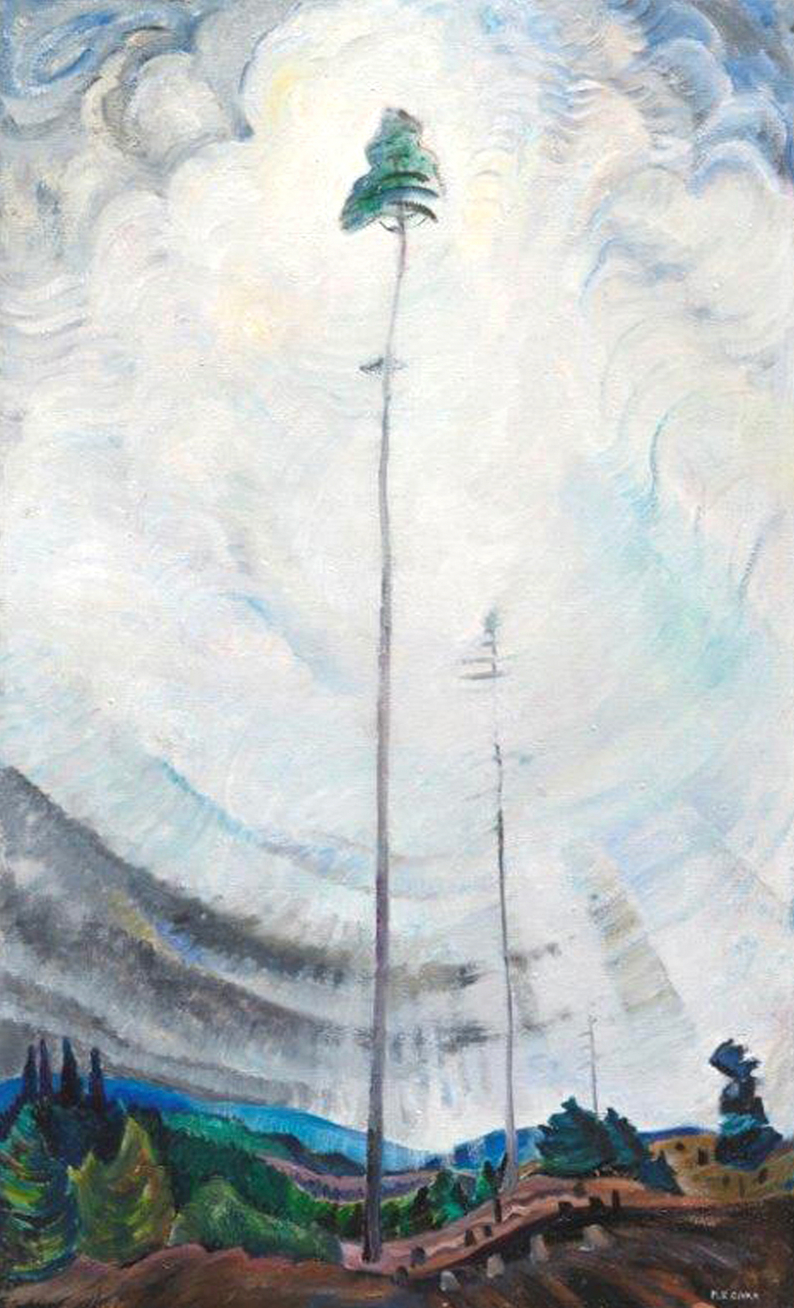Weekly Liturgy : July 8-14
- Church@thePark

- Jul 7, 2024
- 4 min read

Mark 6 : 14 - 29
Common English Bible
14-16 Herod the king heard about these things, because the name of Jesus had become well-known. Some were saying, “John the Baptist has been raised from the dead, and this is why miraculous powers are at work through him.” Others were saying, “He is Elijah.” Still others were saying, “He is a prophet like one of the ancient prophets.” But when Herod heard these rumors, he said, “John, whom I beheaded, has been raised to life.”
17-20 He said this because Herod himself had arranged to have John arrested and put in prison because of Herodias, the wife of Herod’s brother Philip. Herod had married her, but John told Herod, “It’s against the law for you to marry your brother’s wife!” So Herodias had it in for John. She wanted to kill him, but she couldn’t. This was because Herod respected John. He regarded him as a righteous and holy person, so he protected him. John’s words greatly confused Herod, yet he enjoyed listening to him.
21-23 Finally, the time was right. It was on one of Herod’s birthdays, when he had prepared a feast for his high-ranking officials and military officers and Galilee’s leading residents. Herod’s daughter Herodias came in and danced, thrilling Herod and his dinner guests. The king said to the young woman, “Ask me whatever you wish, and I will give it to you.” Then he swore to her, “Whatever you ask I will give to you, even as much as half of my kingdom.”
24 She left the banquet hall and said to her mother, “What should I ask for?”
“John the Baptist’s head,” Herodias replied.
25-29 Hurrying back to the ruler, she made her request: “I want you to give me John the Baptist’s head on a plate, right this minute.” Although the king was upset, because of his solemn pledge and his guests, he didn’t want to refuse her. So he ordered a guard to bring John’s head. The guard went to the prison, cut off John’s head, brought his head on a plate, and gave it to the young woman, and she gave it to her mother. When John’s disciples heard what had happened, they came and took his dead body and laid it in a tomb.
REFLECTIONS:
Thoughts from Monica:
As my Christian faith continues to evolve, I’m inspired by those who are able to read the scriptures with a different lens than the one I was handed. Here, I am learning to see this dancing daughter in a new way. As one in a long line of strong females acting within an oppressive, misogynistic system. In asking for the prophet John's head, she and her mom are a reflection of a narrative that stereotypes women as “Jezebels.”* Their plight, and this character trope, highlights the bigger problem of unfairly blaming victims and exploiting those being oppressed. If a heart could sigh, mine would.
In this, I am prompted to pray. To ask for new eyes that see a step toward justice and away from blaming and shaming. For opened ears that listen, stirring up community to be one that compassionately acts. May we be the kind of prophets who use our privileged places to elevate those made low. In doing so, move toward a healthier narrative, one that platforms the Good News we see abundantly, already all around us.
Amen.
PRACTICE:
Outward Mindset Application
Apologize about something you need to apologize for.
Non-Violent Communication Question of the Week
In the moments you are most tempted to make a judgment about someone’s actions, what is one question you can ask yourself that will help you maintain an open mind?
Pathways toward Centeredness
Activism (Seeking change on behalf of the powerless):
Cultivate an active and embodied prayer life where you work. Take a slow walk around the site, grounds, or building where you are. Notice and name the bits of goodness and offer gratitude. Don’t turn away from areas of need; instead ask for help or fresh ideas.
Questions for Reflection
List a few habits / practices (conventional or unconventional!) that help you notice or be present to what’s happening around you. Are there any not on your list that you want to try?
In what ways does the community you belong to co-create spaces that support and uplift others? In what ways might it be doing harm? What can you do about that?
“Liturgy” refers to the habits and practices humans use to form community around shared values and meaning. At Church at the Park, we desire to be a community of practice, becoming people who see the world through the eyes of the marginalized, making meaning through the lens of pain and suffering, and committing ourselves to non-violence in a wounded world. This weekly email is intended to provide pathways of practice for becoming the type of people who embody these values.
Many of our reflections on each week's text come from other sources. If you're interested in reading more of what inspires us, here our our two favorite reflections.

Copyright (C) 2023 Church at the Park. All rights reserved.





